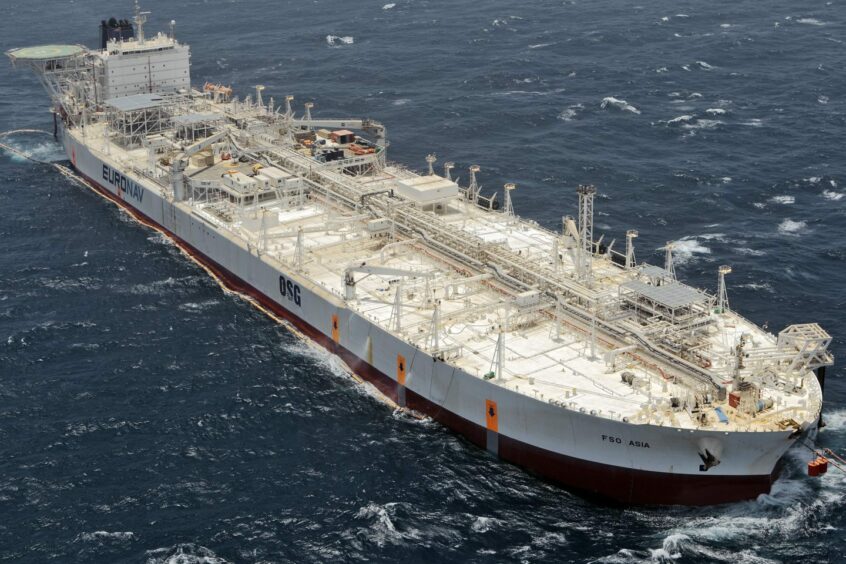
NYSE-listed International Seaways has completed the sale of a 50% stake in two FSOs in Qatar to Euronav.
The total price paid is $300 million, with International Seaways to receive $140mn in cash, after adjusting for working capital and expenses.
“Our participation in the FSO joint venture with Euronav has provided stable cash flows for more than 11 years for International Seaways and its predecessor,” said the company’s president and CEO Lois Zabrocky.
It has been working on ways to raise cash from the JV, she continued, in order to support the long-term strategy.
“Over the last five years, [the plan] has included a transformational merger and vessel purchases at cyclical lows, maintaining a strong balance sheet and returning nearly $100 million in capital to shareholders since the start of 2020. We thank Euronav for their partnership, and we are confident that they will continue to operate these vessels with the highest standards.”
International Seaways also doubled its cash dividend for the second quarter, to $0.12 per share.
North Oil Co. (NOC), the operator of the Al Shaheen field, has approved the sale. NOC involves TotalEnergies and QatarEnergy (QE). The two FSOs have been on the Al Shaheen field since 2010.
Euronav CEO Hugo De Stoop said the deal was “an important strategic milestone”. It has operated the vessels for many years, De Stoop said, “and it makes sense now for us to assume full economic control. International Seaways has been a strong and reliable partner since 2008 and we are grateful for their support.”
The contracts for the FSOs highlight Euronav’s aim to move beyond simply transporting crude oil. Such FSO contracts provide “superior returns on capital”, he said.
Charm offensive
International Seaways had a fleet of 80 vessels, including 13 VLCCs and 13 Suezmaxes.
In April, the company said it was selling the last four of its Handysize vessels, for $24mn. It also sold two Panamax vessels for scrap, receiving around $16mn.
The company has found itself under pressure from shipping magnate John Fredriksen and Seatankers Group. The latter has a stake of around 16% in International Seaways and is agitating for change, in addition to the appointment of two additional directors.
International Seaways said it would consider Fredriksen’s proposal. However, it also adopted a poison pill strategy to prevent Seatankers from gaining control without paying a premium.
